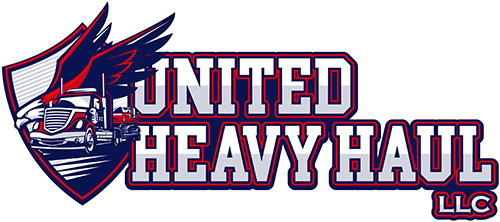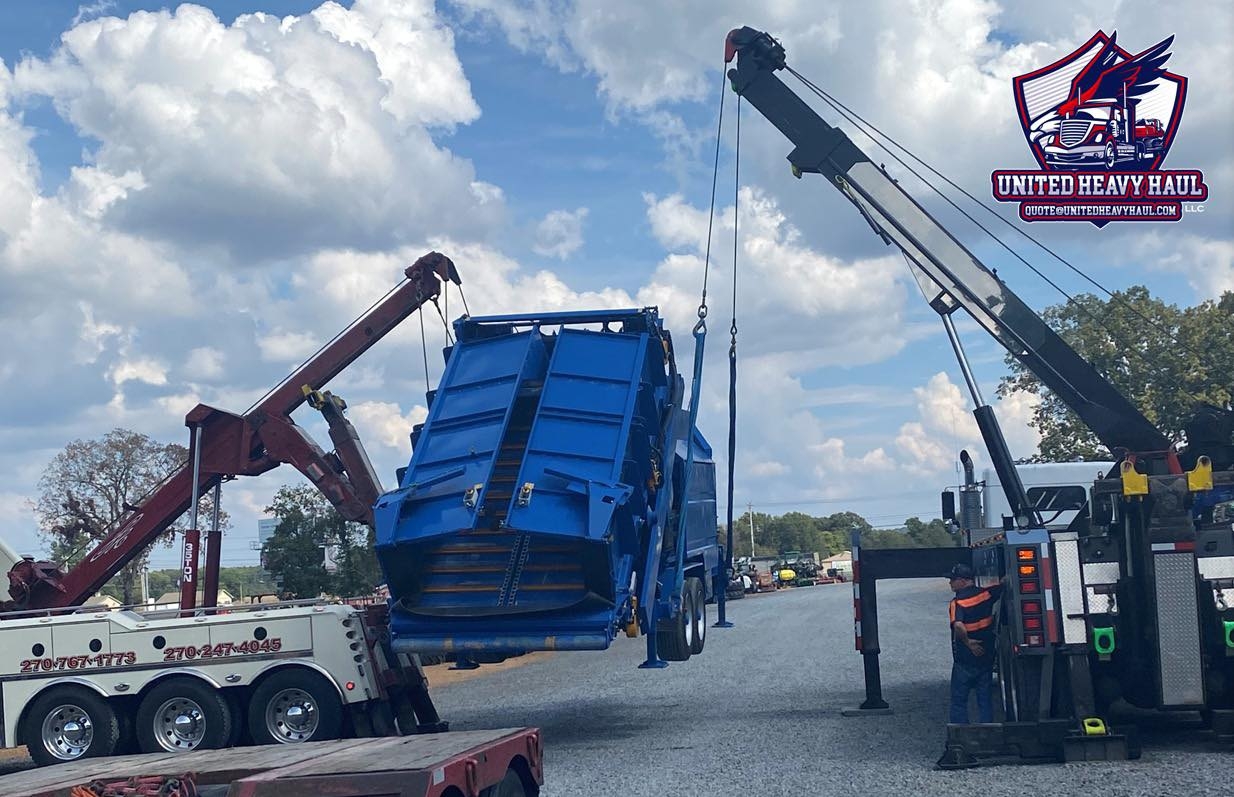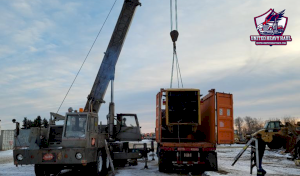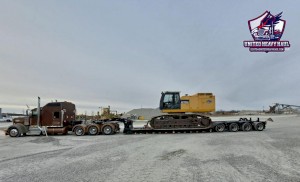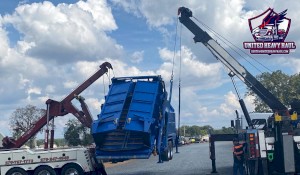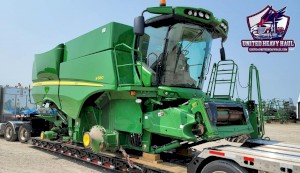how do you transport non running construction equipment?
Why You Need Transport And Rigging Services
In the construction business, large machines play the most important role. Cranes, bulldozers, and giant mixers are some machines that are necessary building machines and some of these machines need transporting from one construction site or project to another.
Builders rely on transport and rigging services that are provided by professional companies as they are efficient and reliable. Big factories with large machinery and big manufacturing lines also need the support of these services in their field.
These professional companies excel in transporting non-running equipment like wind turbines, transformers, or oil field equipment.
Why are these services required?
Big factories require a constant change in machinery which is quite tough to facilitate and not everyone’s cup of tea. You specifically need a professional company to help you out with the same. Sometimes, factories or big industrial units expand their area for this purpose.
Big airplanes, wind turbines, fighter jet engines, manufacturing lines, etc. are some examples of the heavy equipment that are transported via these services. And appropriate materials and factors are required to transport this equipment such as years of industry experience transporting equipment, structures, and materials are required.
The companies you choose for your transport services must have access to a wide variety of floats and transportation equipment. Usually, these services offer turn-key services, taking care of all the details of transporting your freight from point A to point B safely, efficiently, and cost-effectively. Your freight can be transported from a truck to air to rail to a vessel, with the utmost efficiency.
Professionals in this field need to choose the equipment and manage all the loading, securing, and unloading activities, determination of jurisdictional weight and size restrictions, and relocation of utilities and obstacles.
What is heavy hauling?
Heavy hauling usually includes transporting pieces of equipment, big machinery, or anything else that is beyond the conventional dimensions of transporting. Heave lift services are usually carried out through the use of special trucks that have the power as well as size to handle such heavy cargo.
The standard weight for heavy hauling in the United States is about 80,000 pounds including both the truck and the cargo being carried. In some states, special authorization is needed for the same and the limit can be increased to 105,000 pounds.
Any company you choose for heavy hauling should have proper training as well as considerate planning before the operation. The route to be traveled has to be well analyzed to avoid any blockage or obstruction and in some cases, an escort has to be arranged either from the service or the local police department.
Equipment used in hauling
One of the most important types of equipment that is used in the business of heavy hauling is trucks. Heavy trucks that are used in these services include cargo trucks with different carriage dimensions. Some examples of these trailers include the Flatbed trailer, Stretch Flatbed trailer, Curtainside Drop Deck Trailer, Hydraulic Step Deck trailer, etc.
On average, semi-truck horsepower ranges from 400 to 600 hp, while the average lb-ft of torque ranges from 1,000 to 2,000. Unlike passenger car engines, semi-truck engines should only be stopped to change the oil or perform engine services, due to anti-idle laws. These trucks usually use a 15-liter gas tank that enables them to run for long distances with low stoppages.
How much does it cost?
The simple answer to this question is that your transport cost totally depends on the dimensions and weight of the object that is being transferred. A heavier object needs a stronger truck as well as more fuel. Another factor and perhaps the most important one is the distance and destination.
Longer distances consume more fuel and places that are difficult to reach require specialized trucks and equipment. On average, it costs about $5 per mile for short-distance transportation and $1.3 per mile for longer distances. However, this value can vary greatly from company to company.
What is a rigging service?
Rigging involves the use of cables and straps to prepare heavy equipment for transport. The heavy hauling and rigging team works with the transport team to make the transporting equipment safe and ready to move. Rigging systems commonly include shackles, master links and slings, and lifting bags in underwater lifting.
Types of equipment used in rigging
Rigging equipment devices include chain blocks, winches, lever blocks, cranes, mechanical hoists, block and tackle, trolleys, lifting slings, pulleys, sheave blocks, and many more. Chain blocks are used to hinge and tighten the object that is being transferred to prevent it from falling off the truck. Cranes are used to lift heavy pieces of equipment or machinery to be put on the truck. Pulleys and lifting swings are used in unison for efficiently lifting objects and are even used with cranes.
Sheaves are used in tandem with a rope, belt, or cable to lift items with a crane. Essentially, a sheave is a wheel with an open groove that a rope or cable fits around so it can rotate around the exterior. A block a and tackle includes more than two systems of pulleys put together to increase efficiency, they are mostly used for non-running equipment lifting and also in heavy hauling and rigging.
What are the advantages of rigging?
Rigging is very essential for heavy hauling and rigging due to the following reasons:-
Increased efficiency: The use of a pulley system and ropes increases the efficiency of lifting heavy types of equipment and machines.
Ensures safety: The use of chains during heavy lift services ensures the safety of the object during transportation.
Less labor: More use of machines reduces the use of labor and is low costing.
The United heavy haul advantage
With over 100 years of experience in the business, we offer many advantages when the hauling business is considered. We adhere to a thorough examination of our employees before we hire them. We make sure they are well skilled and qualified. We also maintain an on-call network of technicians that are on duty 24/7 throughout the nation to tend to the customer’s problems.
